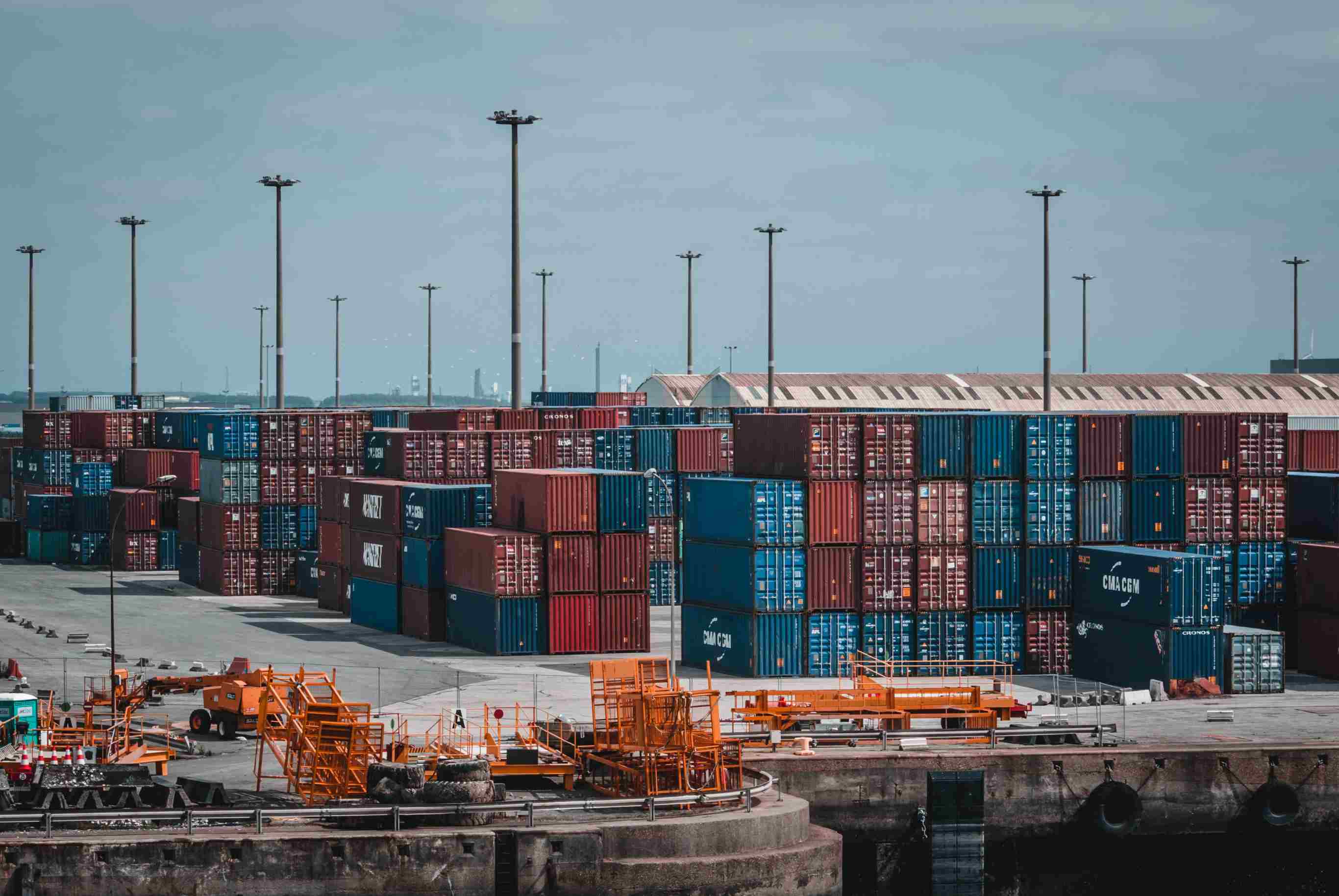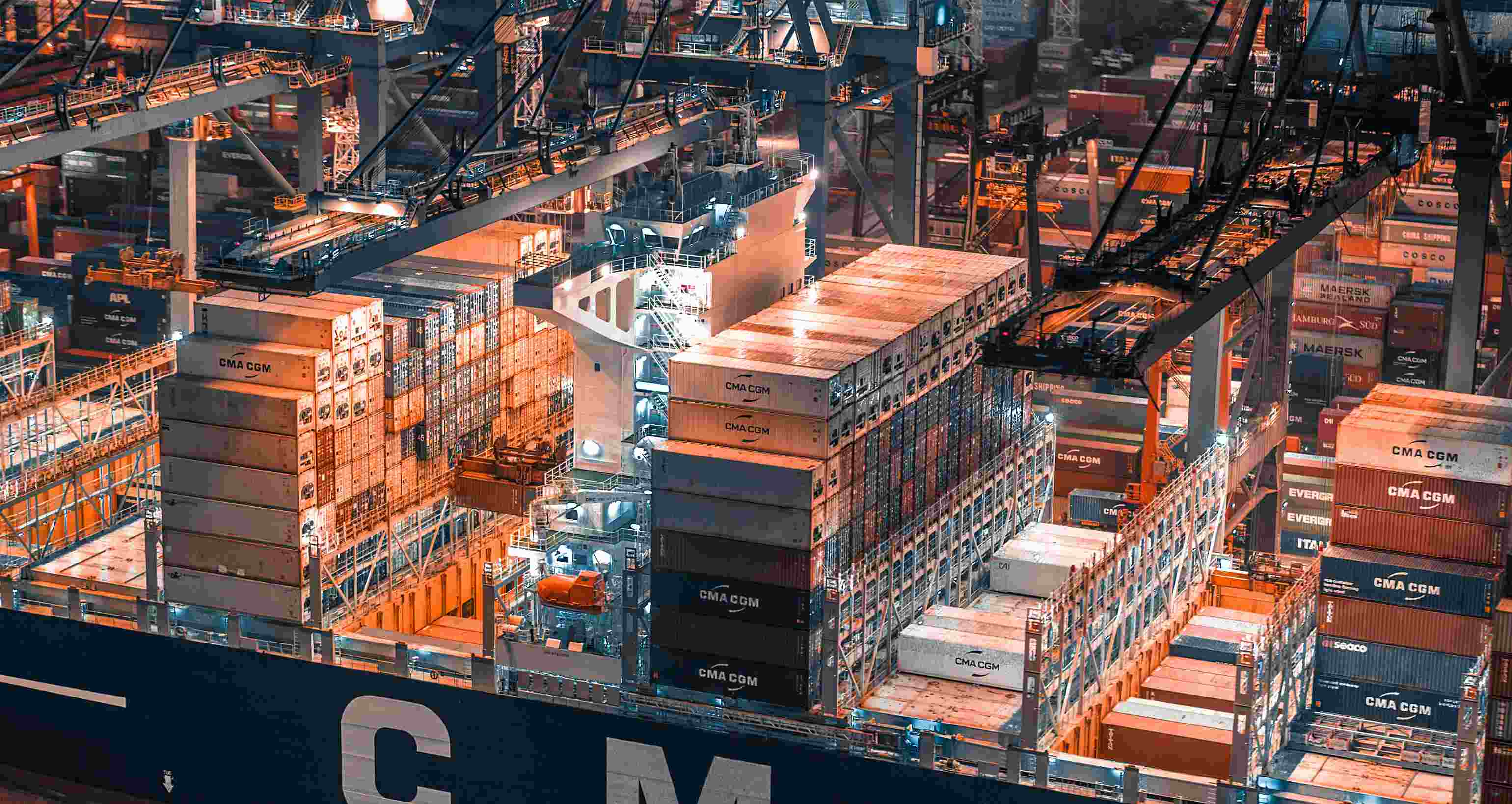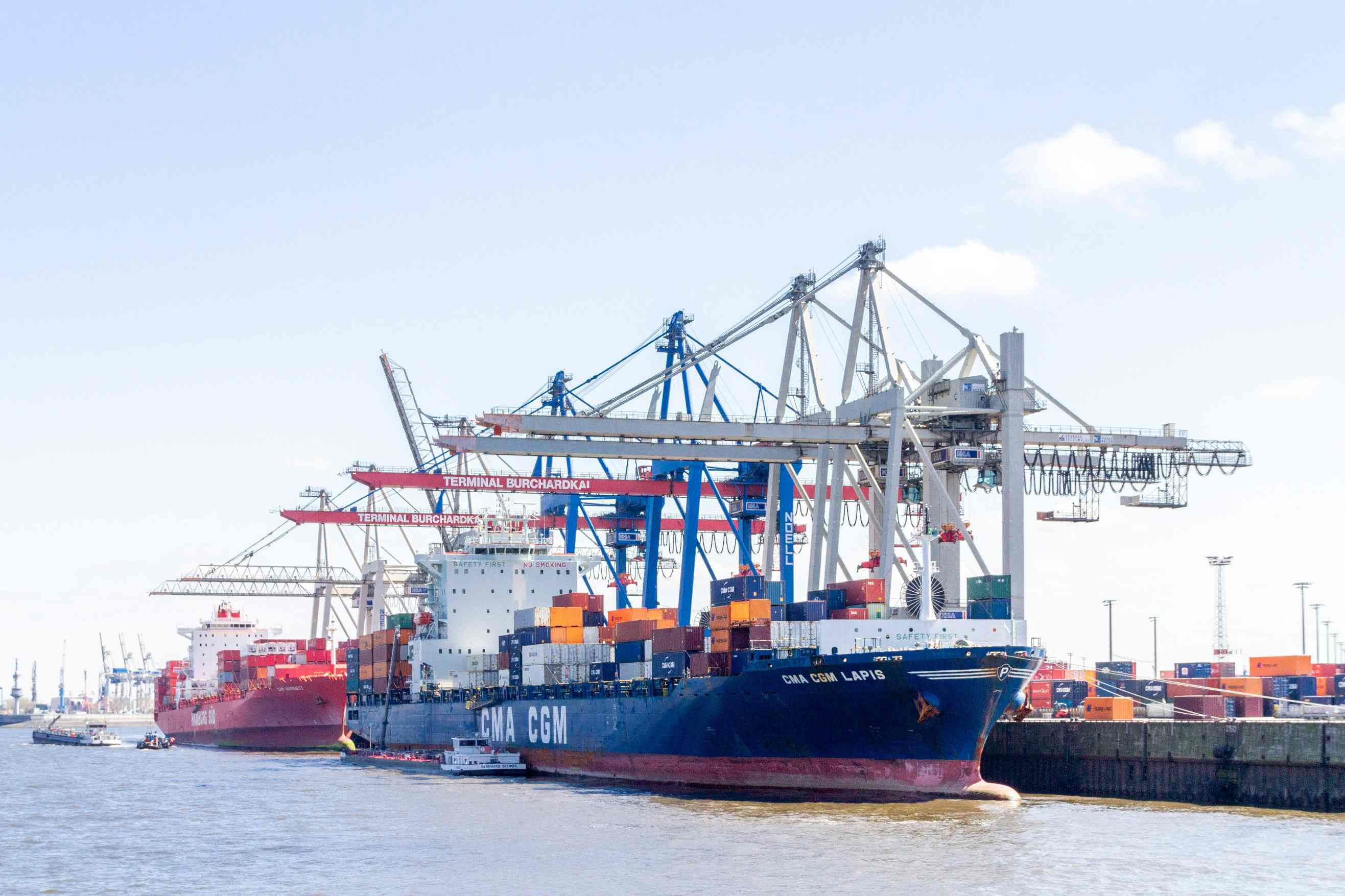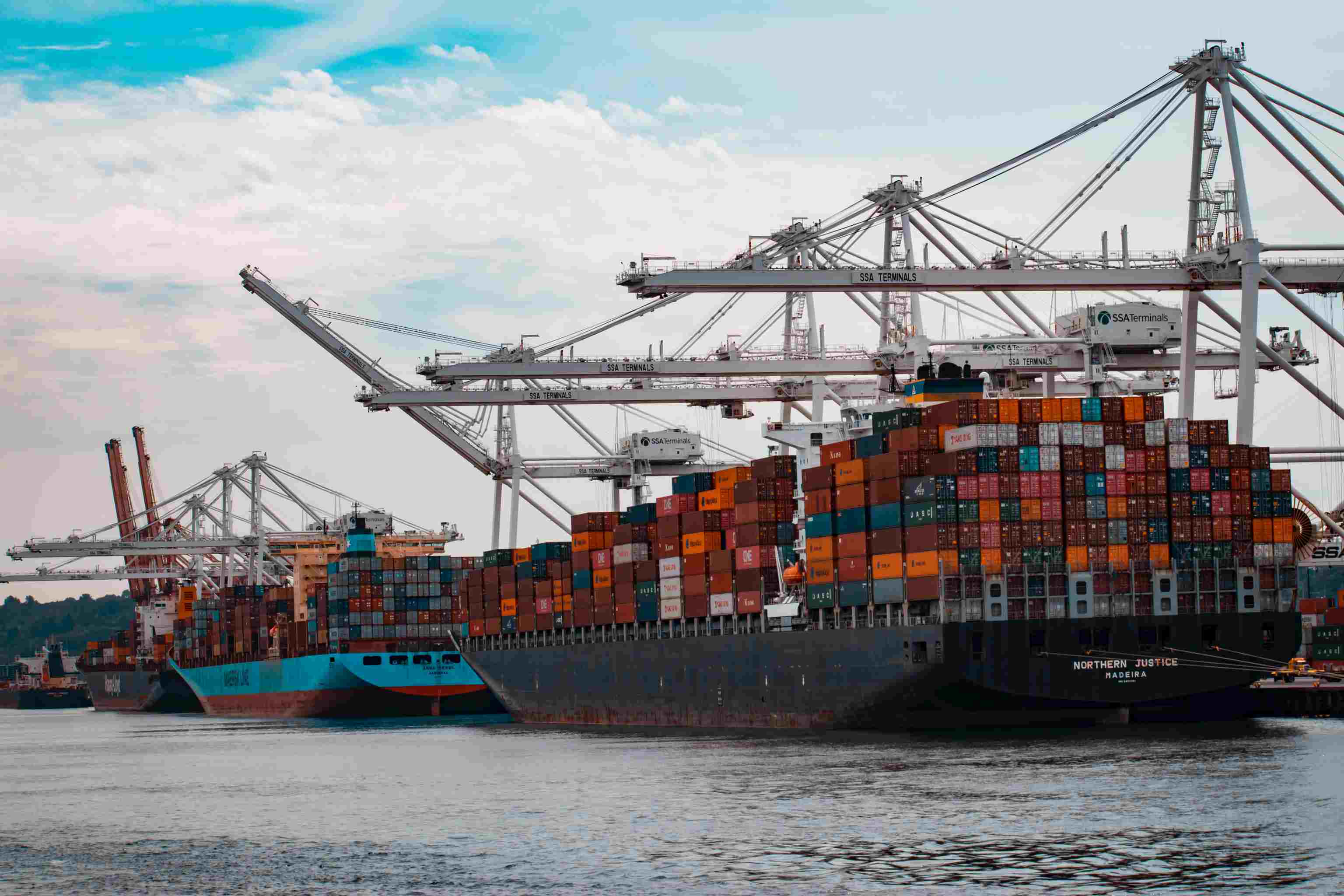In the ever-evolving landscape of international trade and logistics, the China Rail Service to Germany has emerged as a pivotal player, revolutionizing the way businesses
transport goods between Asia and Europe. This comprehensive guide delves into the intricacies of this groundbreaking rail service, shedding light on its advantages, operational details, and why it stands out as a game-changer in the world of global commerce.
Connecting Continents: The Significance of China Rail Service to Germany
Bridging Distances, Breaking Barriers
The China Rail Service to Germany acts as a vital artery, connecting the manufacturing powerhouse of China with the economic juggernaut that is Germany. This strategic link offers businesses
a faster and more cost-effective alternative to traditional shipping methods, such as sea freight. As the world becomes increasingly interconnected, the need for efficient transportation solutions has never been more pressing.
Key Advantages of Opting for China Rail Service
Speeding Ahead: Expedited Transit Times
One of the standout features of the China Rail Service to Germany is its impressive transit speed. Unlike maritime routes that can take weeks, this rail service significantly reduces transit times, allowing businesses
to expedite their supply chains. This rapid transportation ensures that goods reach their European destinations promptly, meeting market demands with unparalleled efficiency.
Cost-Efficiency in Action
In the realm of international logistics, cost-effectiveness is a crucial consideration. The China Rail Service stands out for its ability to offer competitive pricing
without compromising on reliability. By providing a balance between swiftness and affordability, this service enables businesses to enhance their bottom line while maintaining a competitive edge in the global market.
Navigating the Operational Dynamics
Route Optimization for Efficiency
Understanding the route of the China Rail Service is fundamental to comprehending its operational efficiency. The journey typically begins in cities like Beijing or Shanghai, traversing the vast expanse of the Eurasian continent before reaching its European destination in cities such as Hamburg or Duisburg. This optimized route minimizes unnecessary detours,
ensuring a streamlined and efficient journey.
Seamless Intermodal Connectivity
A hallmark of the China Rail Service's success lies in its seamless intermodal connectivity. The service seamlessly integrates with various modes of transportation, from trucking to air freight,
creating a harmonized logistics network. This connectivity ensures that goods move seamlessly from manufacturing plants in China to distribution centers in Germany, facilitating a smooth supply chain operation.
Overcoming Challenges: A Testimony to Resilience
Addressing the Last-Mile Challenge
While the China Rail Service excels in long-distance transportation, addressing the last-mile challenge remains pivotal. Collaborations with local logistics providers and innovative solutions such as smart warehousing
help overcome this hurdle. This adaptability is a testament to the resilience of the service, showcasing its commitment to providing end-to-end solutions.
Future Outlook: The Evolution of China Rail Service
Embracing Sustainability: Green Initiatives
As the world shifts towards sustainable practices, the China Rail Service is not left behind. Embracing green initiatives, such as the use of eco-friendly technologies and optimizing fuel efficiency, positions the service as a responsible player in the global logistics arena. This commitment to sustainability not only benefits the environment but also aligns with the values of businesses seeking ethical and eco-conscious partners.
Conclusion
In conclusion, the China Rail Service to Germany emerges as
a transformative force in international logistics, offering unparalleled advantages in terms of speed, cost-efficiency, and operational flexibility. Businesses navigating the complexities of global trade can leverage this service to enhance their supply chain, streamline operations, and stay ahead in an increasingly competitive market.






